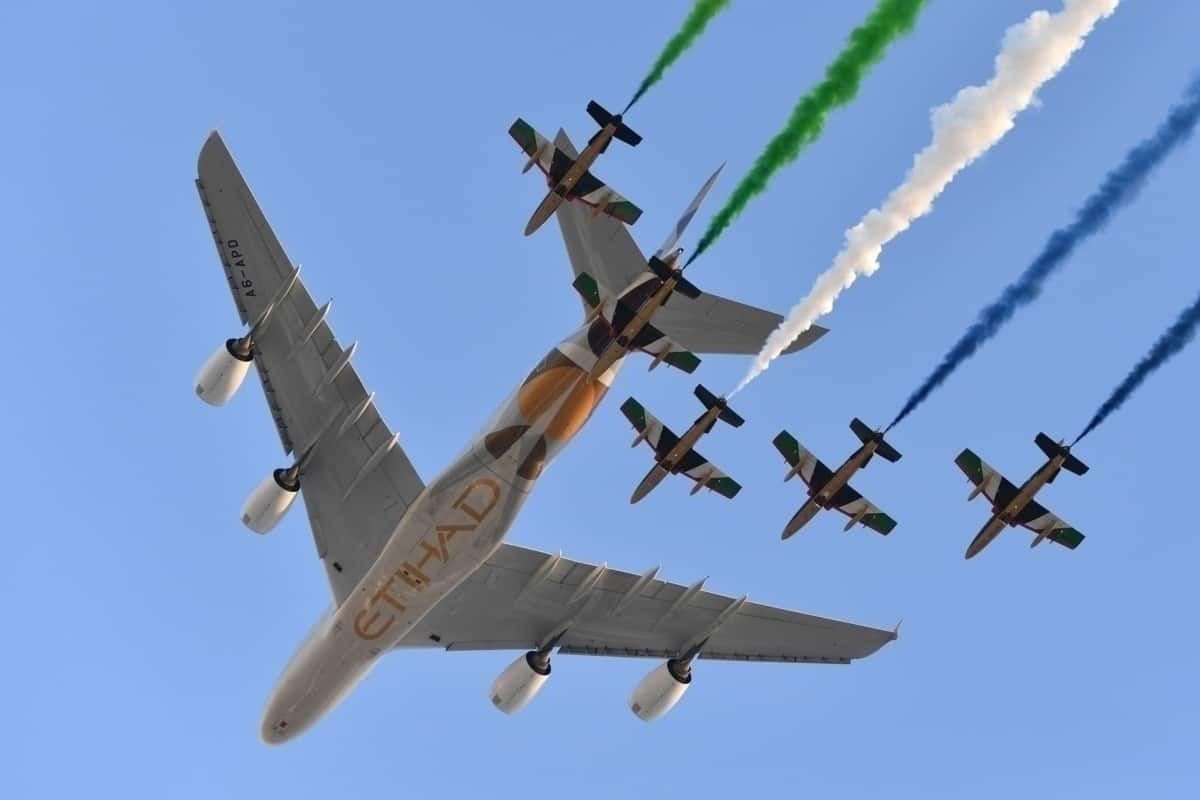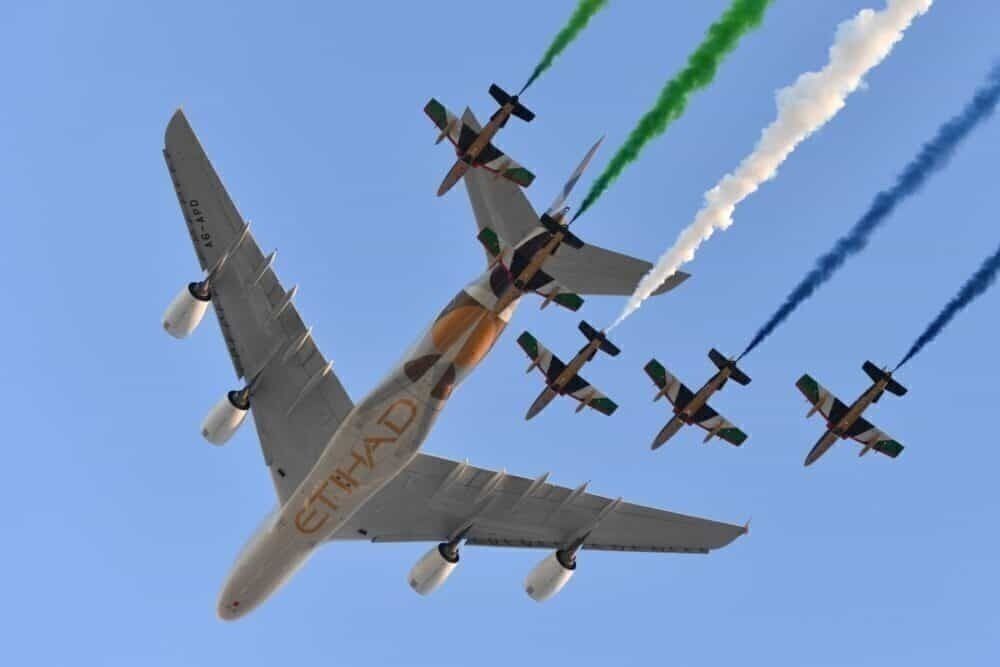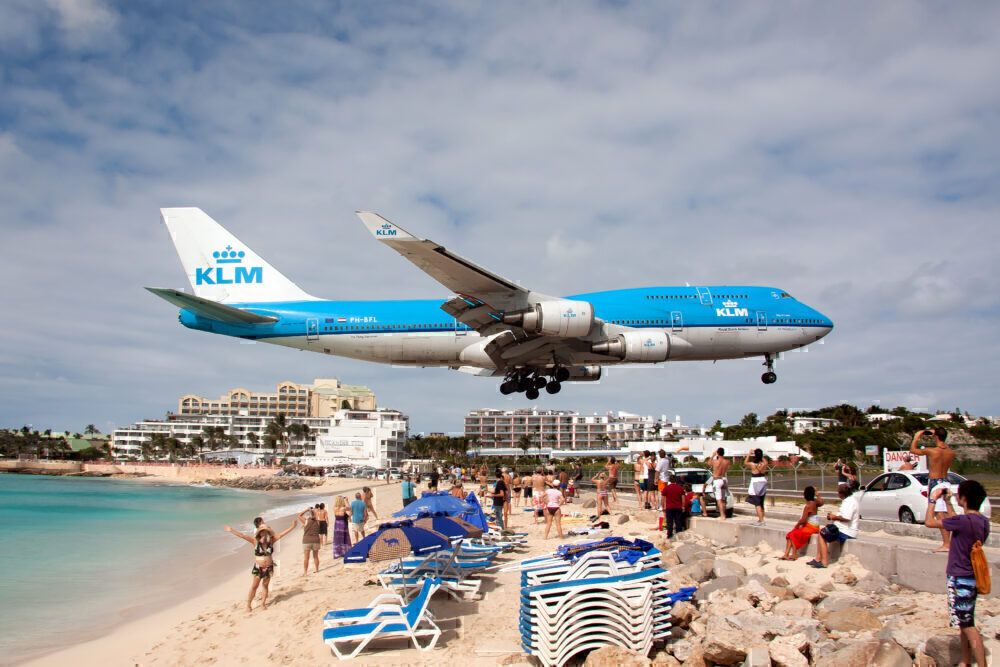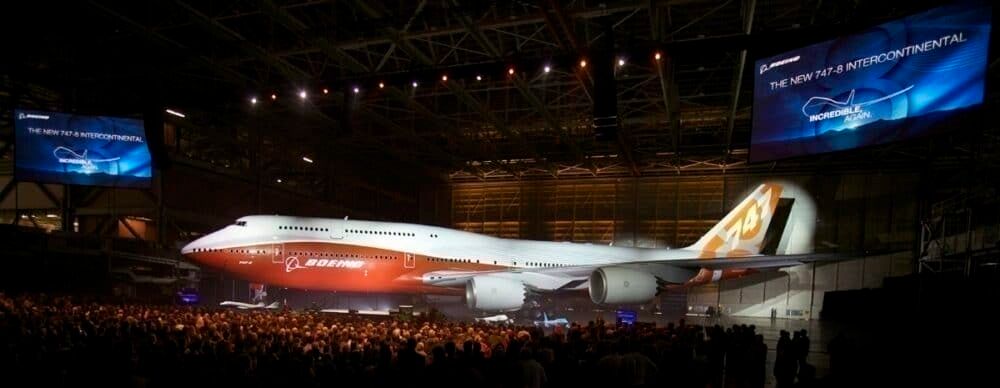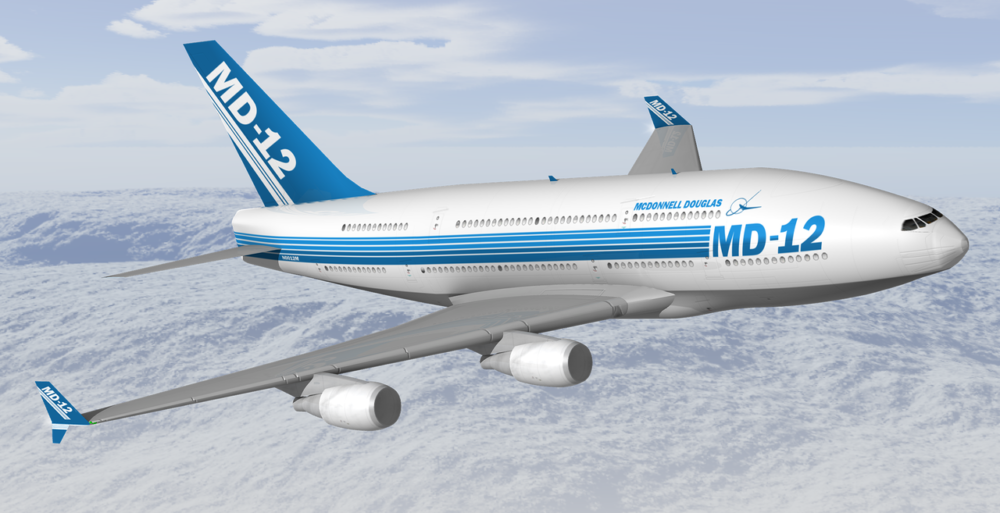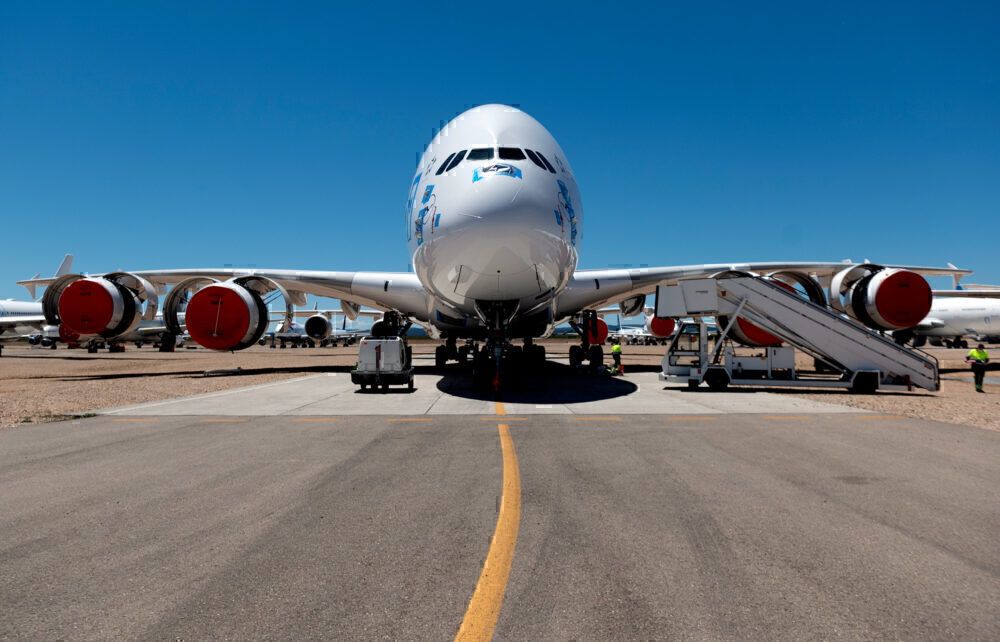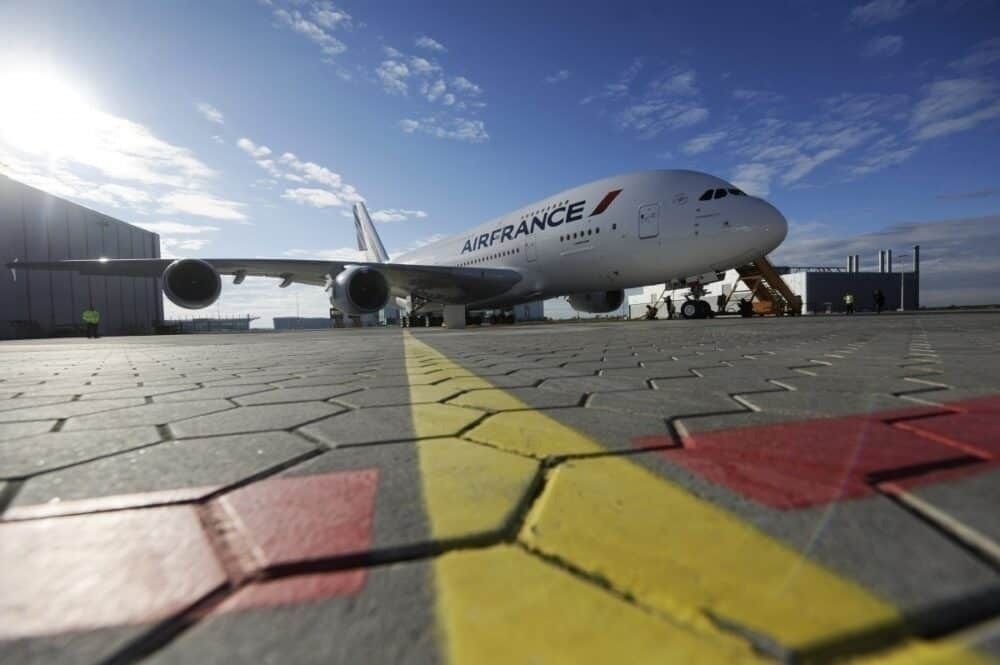There was a massive buzz about the Airbus A380 project for nearly two decades before the plane's introduction in 2007. The superjumbo would bring unprecedented capabilities to commercial passenger aviation with its size and specifications. The anticipation of the jet caused several other aircraft manufacturers to look into alternatives to compete with the behemoth. Here is a look at the potential rivals of the A380 that never came to be.
Airbus began studying what would become the A380 back in 1988. The project was then announced in 1990 and was billed to compete against the legendary Boeing 747 in long-haul operations. The project was soon presented as the A3XX in 1994 before eventually launching in 2000.
During the period between the A380's research & development and its launch, there were several planned aircraft to take on the jet. Planemakers on different continents were keen to compete. Let's look at the key potential rivals.
The Boeing NLA
The Boeing NLA (New Large Airplane) was a project for the 500+ capacity market. The US-based manufacturer hoped to introduce the plane before the turn of the century. Moreover, it would have served similar routes to what we have seen the A380 on in recent times.
However, Boeing saw early on that the direction of the industry could be changing. Subsequently, from 1993, it started to become hesitant of focusing on such high capacity hub to hub models.
The company felt that it could be better to concentrate on providing solutions for more bespoke routes that were previously less frequently served. For instance, routes such as Manchester to Boston rather than London to Manchester.
This process would allow more passengers to fly directly internationally rather than connecting through larger cities. Boeing soon decided to revise the approach and look at the prospects of the Boeing 747-500X and -600X, then the 747X and 747X Stretch when it came to higher capacity aircraft.
Boeing 747X
In 2000, Boeing was scaling-up commitments to the development of the 747X family. The company was looking at an official launch by the second quarter of 2001.
Former Boeing CEO and chairman Phil Condit said the launch of this larger 747 family could come as quickly as half a year. He added that between 10 and 30 orders would be enough to give the go-ahead.
The firm was also scaling up staffing efforts for the possible launch of the 747X Stretch. Moreover, the timescale for the introduction was late 2005, which was at the time the same goal for what would be the A380.
Boeing tried twice to design the 747X. The first time was in 1996 at the Farnborough Airshow in the United Kingdom. However, the project would have cost the firm around $4 billion. Additionally, the aircraft itself would have been expensive for customers to purchase. Subsequently, the company settled on focusing on the 747-8.
McDonnell Douglas MD-12
According to AV Geekery, McDonnell Douglas surprisingly unveiled the MD-12 program in 1992. The plane would have looked similar to the A380 with a more streamlined body.
There was some speculation that the company did not actually intend to build the plane. Certain individuals felt that it was just a ploy from the manufacturer to get Boeing to purchase the firm for more money.
Nonetheless, specifications would have included four engines, a massive wingspan of over 200 feet, a fuselage that was 31 feet longer than the present generation of MD-11s, and a range of 8,320 nautical miles.
Ultimately, the MD-12 would not materialize. McDonnell Douglas would soon get scooped up by Boeing as part of a $13 billion stock swap in the summer of 1997.
Sukhoi KR-860
The Sukhoi KR-860 was revealed at the 2001 Paris Airshow. It was hoped to be a quadjet double-decker solution for airlines. While it was set to rival the A380, it would have trumped it when it came to capacity. The number of 860 in its title refers to how many passengers were planned to be transported with the giant. In comparison, Emirates' A380 has a capacity between 489 and 615 passengers, depending on its configuration.
The Russian program initially anticipated that there would be a market for such a jet. However, we now know that the need for the A380 wasn't as prominent as originally hoped.
Notably, the program did not proceed beyond the stage of marketing models. If produced, customers of the aircraft may have included airlines across Russia, Vietnam, India, China, and Africa.
Good calls
Altogether the decisions not to go ahead with these rival A380s are good ones in hindsight. Airbus would stop production of the widebody after not even a decade and a half after its introduction.
Former Airbus CEO Tom Enders said the following in a press release seen by Simple Flying last February:
“...we have no substantial A380 backlog and hence no basis to sustain production, despite all our sales efforts with other airlines in recent years. This leads to the end of A380 deliveries in 2021,”
Regardless, it would have been great to see some of these potential rivals in the skies. Perhaps one or two of them could have given the Airbus A380 some healthy competition.
What are your thoughts about the potential rivals to the Airbus A380? Would you have liked to fly on any of these proposed planes? Let us know what you think of the aircraft in the comment section.

